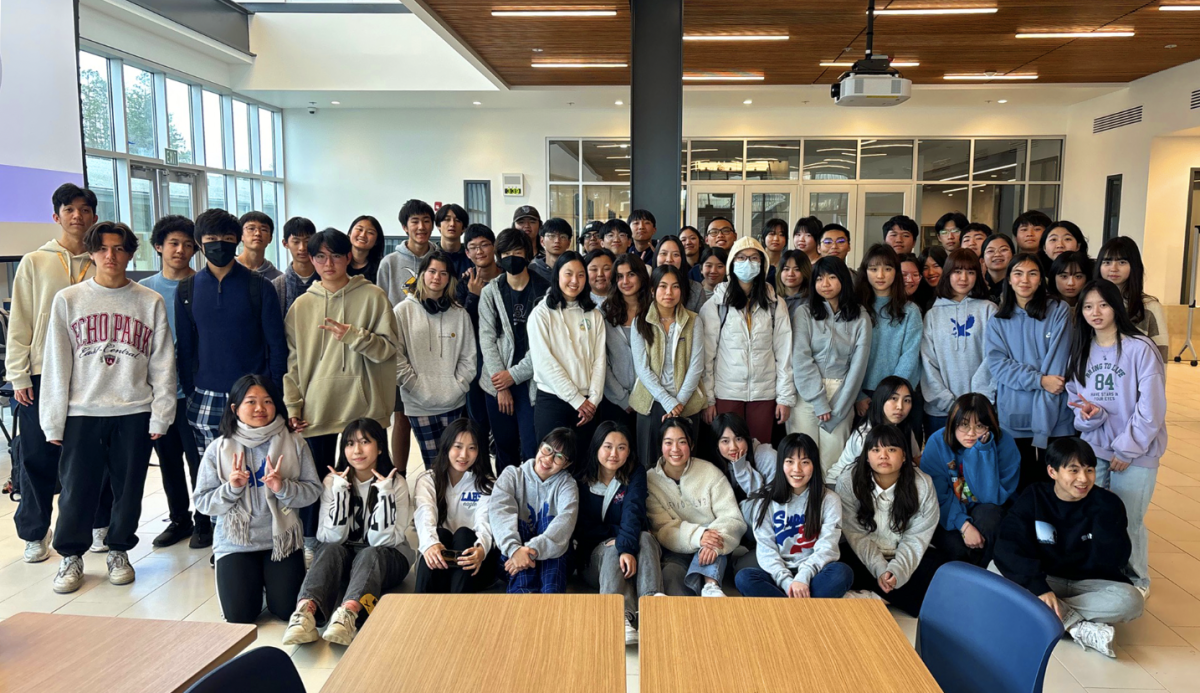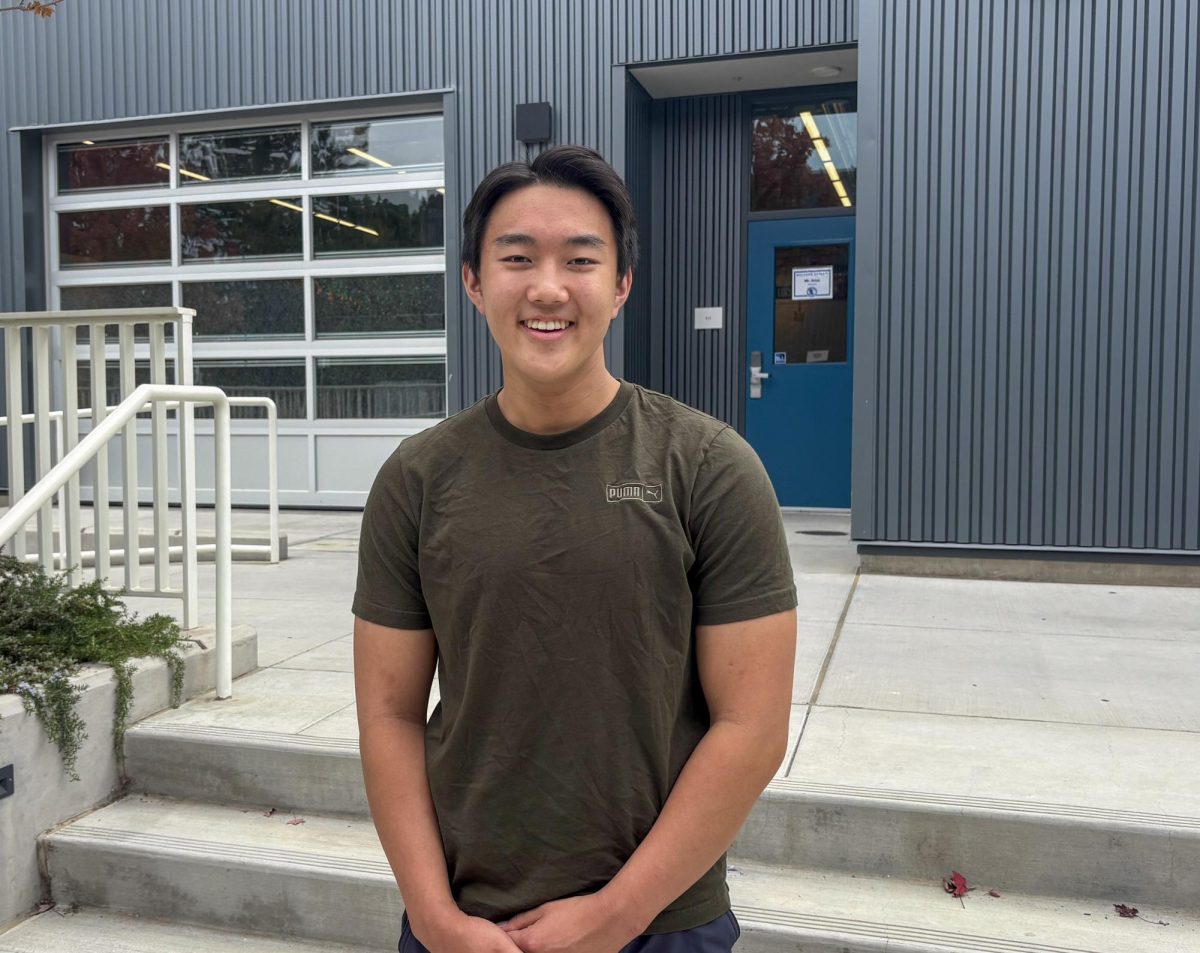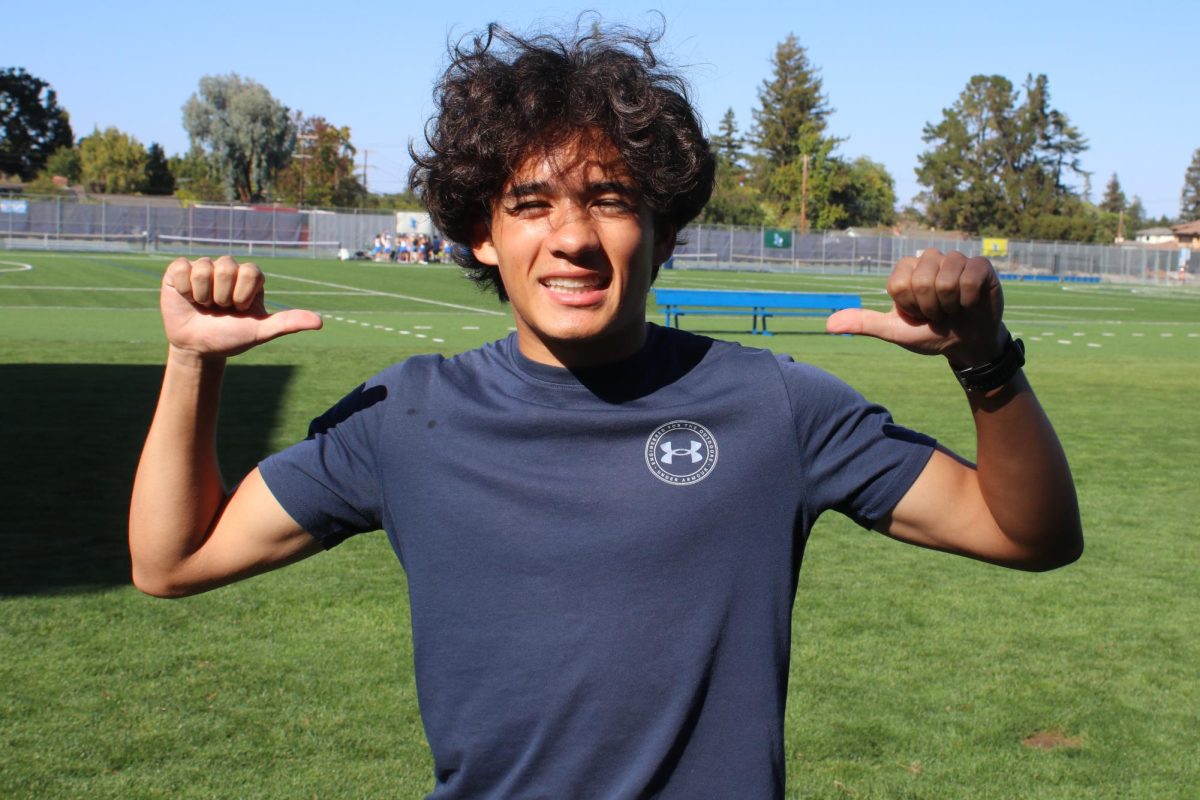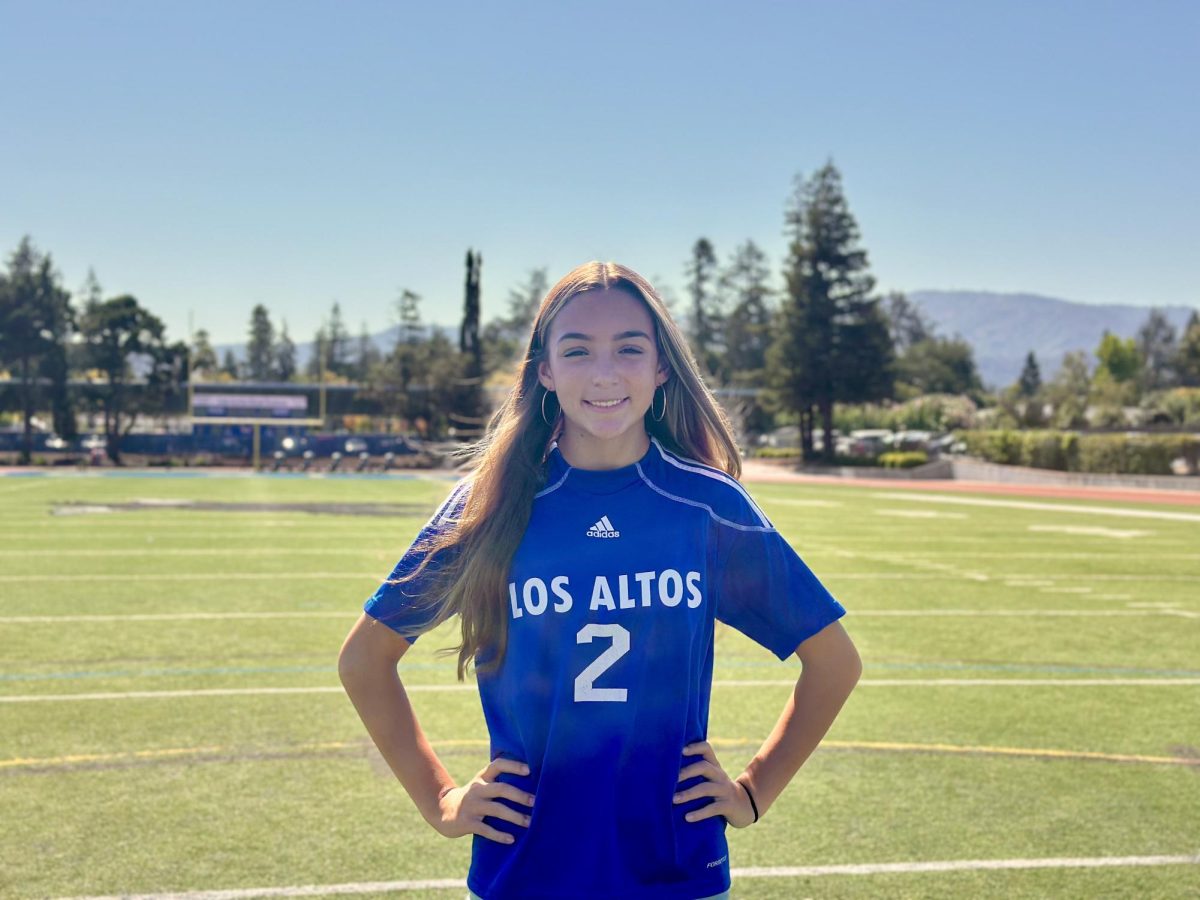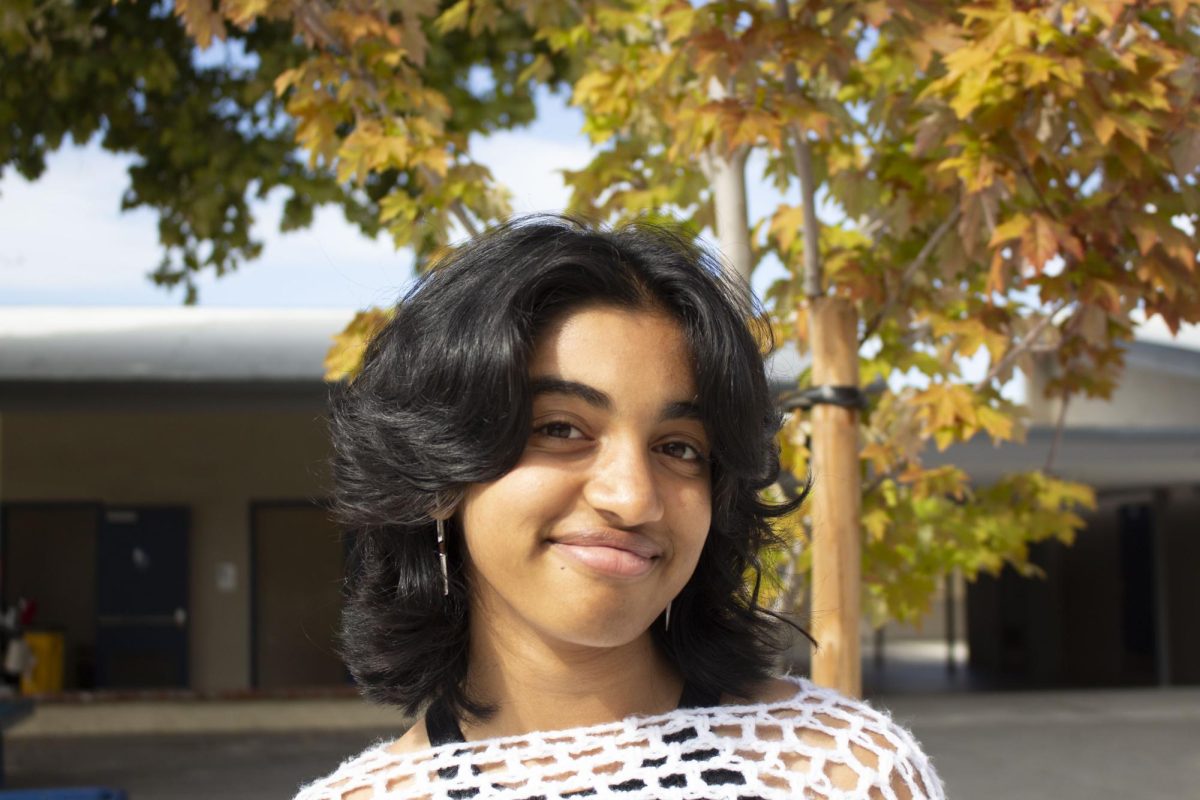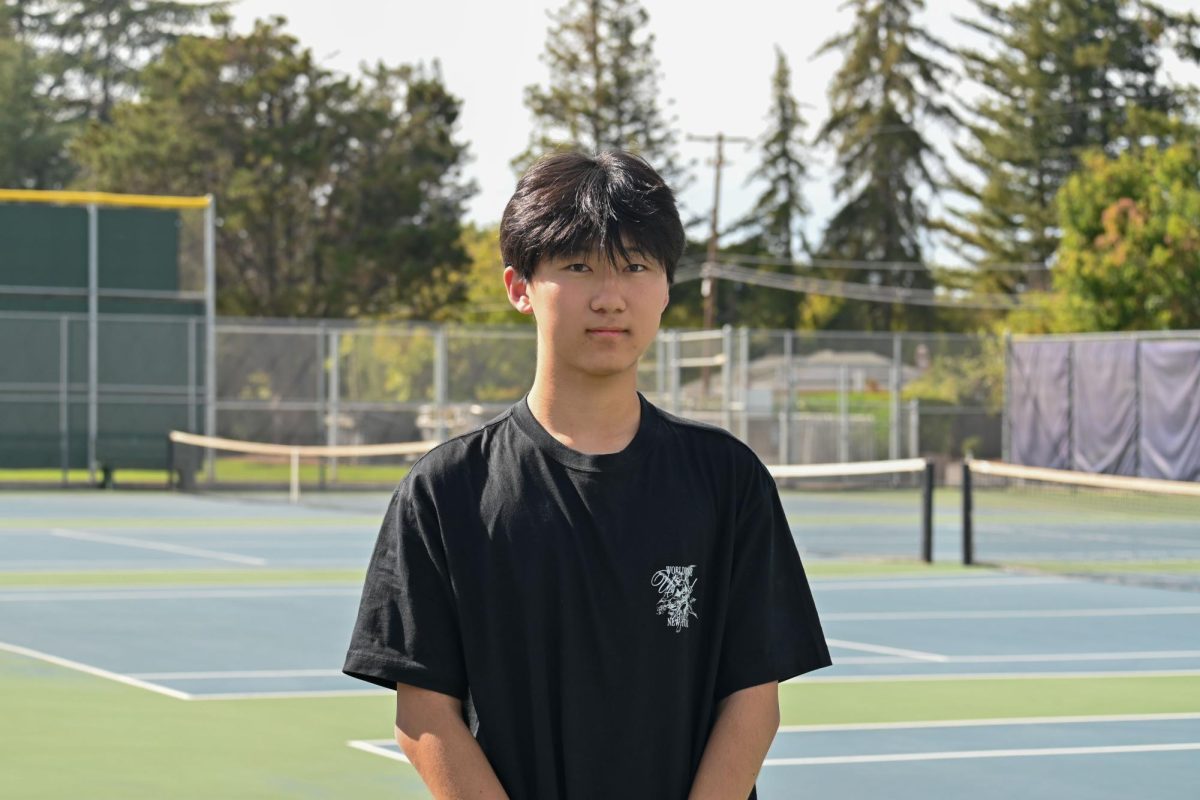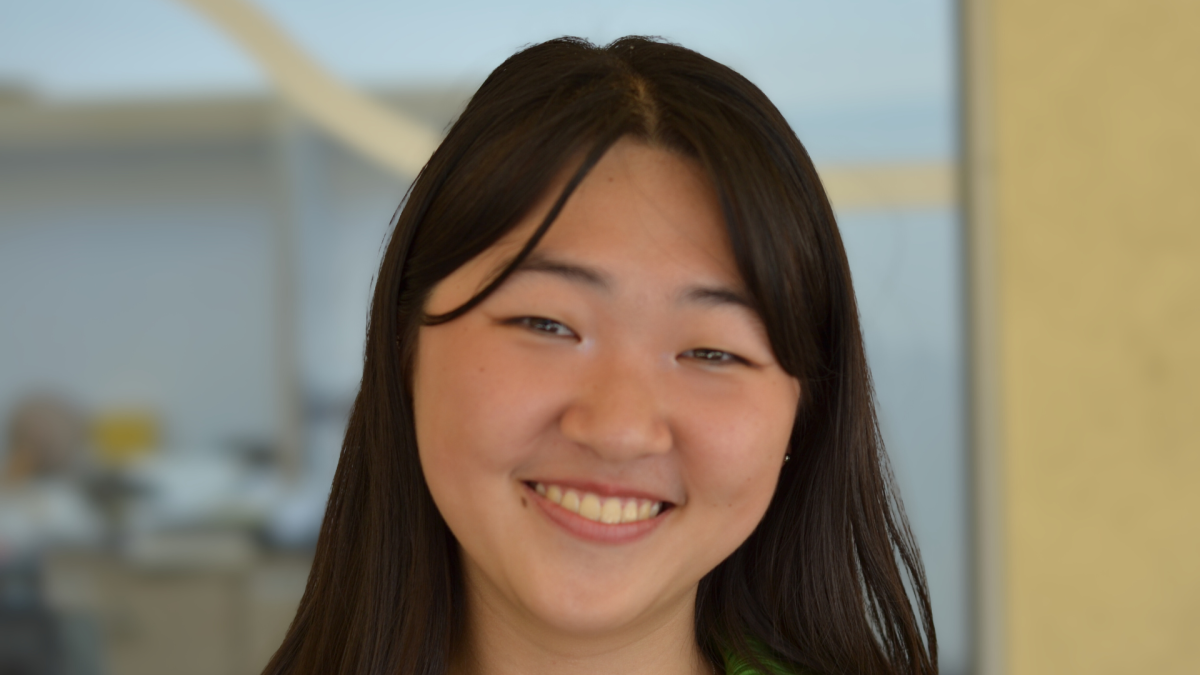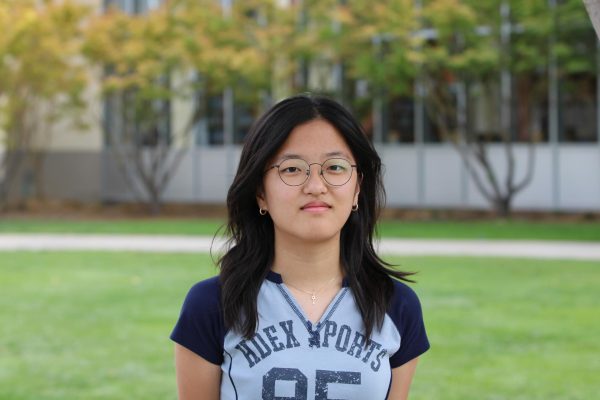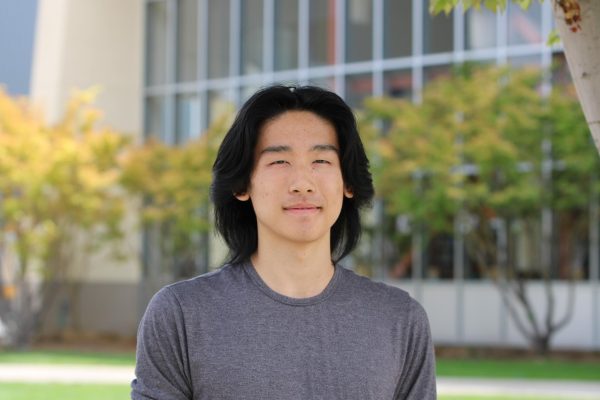In late January, Los Altos High School welcomed fresh faces from another country: thirty-six Taiwanese exchange students. Chosen from applications across Taiwan through the Twin Oaks program, the exchange students spent a memorable time on campus, learning about American customs and sharing some of their own.
Twin Oaks’ visit to LAHS was organized by Twin Oaks teacher Maggie Lin, Mandarin teacher Connie Chen and Student Community Leaders (SCL) advisor Sarah Alvarado. Students from those three groups worked together on a project to assess the effects of social media on anxiety and discover potential solutions. The project was displayed in an all-day exhibition last Friday.
“Maggie and I have been talking about this project since October, maybe September,” Alvarado said. “We overwhelmingly heard from our students that a social media ban seems extreme because there are also benefits. That prompted the project — maybe the answer isn’t to ban social media from certain age groups, but to make these age groups more aware of the negative side.”
During the project, students noticed that culture and background influenced what social media content was deemed “concerning.”
“I heard from a lot of high school students here that Americans are concerned about misinformation,” Lin said. “But in Taiwan, we are more concerned about how people will react to a post or comment. We are a culture that thinks a lot about courtesy.”
These cultural differences didn’t just apply to social media but to their daily school lives. Through their time together, LAHS and Twin Oaks students learned about each other and cultural divergences in their classrooms. For example, the students in Taiwan clean their classrooms and have naptime in the afternoon, while LAHS students have neither.
“This school has longer periods than my school in Taiwan,” Twin Oaks junior Lucy Lin said. “So our classes don’t have many discussions because we have less time. Here, the learning is mutual between students and teachers. Teachers talk to the students and peers have more discussions with each other.”
The differences in how classes operate were another point of surprise for students. In America, students switch classes every period, exposing them to a new set of peers. In Taiwan and many other Asian countries, students stay in the same class for the entirety of high school.
“My favorite part about school at home in Taiwan is my classmates,” Twin Oaks junior Benny Chang said.
“I think Taiwanese students are closer,” Lucy said. “I see the same classmates every day, so we have more intimate relationships and know each other better.”
Most Twin Oaks students spoke proficient English and were able to communicate with non-Mandarin-speaking LAHS students. Their Mandarin III partners helped translate instructions from teachers or less obvious English phrases, such as texting slang. The Mandarin III students believed their Chinese improved from this challenging language experience.
“For some other students, their conversational skills and pronunciation might not be the best,” LAHS junior Justin Lee said. “By talking a lot more often, you are more exposed to that accent, so you sound more clear and speak more fluently.”
Perhaps most importantly, the cross-cultural communication this exchange program has facilitated provided a valuable life experience for every student involved.
“I think this is good for the future of both Twin Oaks and LAHS students,” Lin said. “When you step into society and start to work, you may have the opportunity to work with people from other countries. There are a lot of differences and nuances between cultures, so I hope that this experience will give students early exposure to that.”



